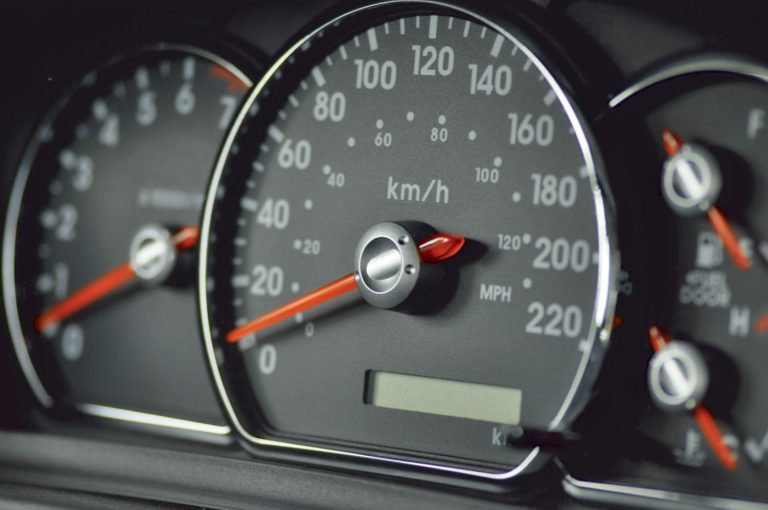As time passes, your car can develop issues that you need to address if you want your vehicle to run smoothly.
This post highlights a few common car problems you might face as your vehicle ages. You’ll also learn how to identify these issues before they cause bigger problems down the road.
Overheating Engine
When a car engine overheats, the problem is usually due to a faulty coolant system. The coolant system consists of a pump that circulates coolant through the engine and a radiator that helps with heat dissipation. Over time, the coolant pump can fail, and the radiator can clog with debris. As a result, the engine won’t be able to cool itself adequately, so overheating ensues.
In addition, an older engine is more likely to have leaks in the cooling system. These leaks can allow coolant to escape, which further exacerbates the problem.
Keep an eye out for the following signs that show when your car’s engine overheats:
- The temperature gauge on your dashboard reads higher than normal.
- Steam or smoke comes from under the hood.
- The hood feels unusually hot to the touch.
If you notice any of these signs, pull over and turn off your car’s engine as soon as possible. Let the car cool down before you open the hood.
Once the engine cools, check the radiator fluid level and add more fluid if necessary. If your car continues to overheat, you might have a more serious problem that requires the help of an auto service expert. Otherwise, the engine may sustain serious damage like a warped head gasket.
Decreased Fuel Efficiency
As your car ages, the engine might become less fuel-efficient. This problem is partly due to deposit buildup on the engine’s intake valves. These valves control the amount of air that enters the engine. Over time, the valves can clog up with carbon deposits.
These deposits restrict airflow and cause the engine to run less efficiently. As a result, the engine will have to work harder to draw in air, which means that fuel efficiency will suffer.
If you drive the same routes and still get fewer miles per gallon, you can employ a few tactics to improve your car’s fuel efficiency. First, make sure you use the right type of motor oil for your car. The right engine lubricant will increase the engine’s overall efficiency, which translates to better fuel economy. In fact, synthetic motor oil can improve fuel efficiency by up to 30%.
You can also try using a lower viscosity oil. This type of oil is thinner and flows more easily, which also improves fuel economy. A thinner oil causes less friction in the engine components, so the engine won’t have to work as hard and burn more fuel.
Second, schedule regular engine tune-ups. A qualified auto technician can clean the intake valves and restore your car’s fuel efficiency. They’ll also inspect the engine for other issues that might affect its performance.
For example, a dirty air filter can restrict airflow and reduce fuel efficiency. Your car’s engine needs a mixture of air and fuel to combust, and the air filter helps clean the air that enters the engine. A dirty filter restricts proper airflow and causes the engine to burn more fuel to compensate for this imbalance.
Cars are a big investment, so you want to get as much life out of them as possible. Regular maintenance is crucial if you want to maintain your car’s value and longevity. With help from experts like Family Auto Service and Tire Center, you can ensure that your car runs smoothly for years to come. Contact us today to learn more about our auto services.

